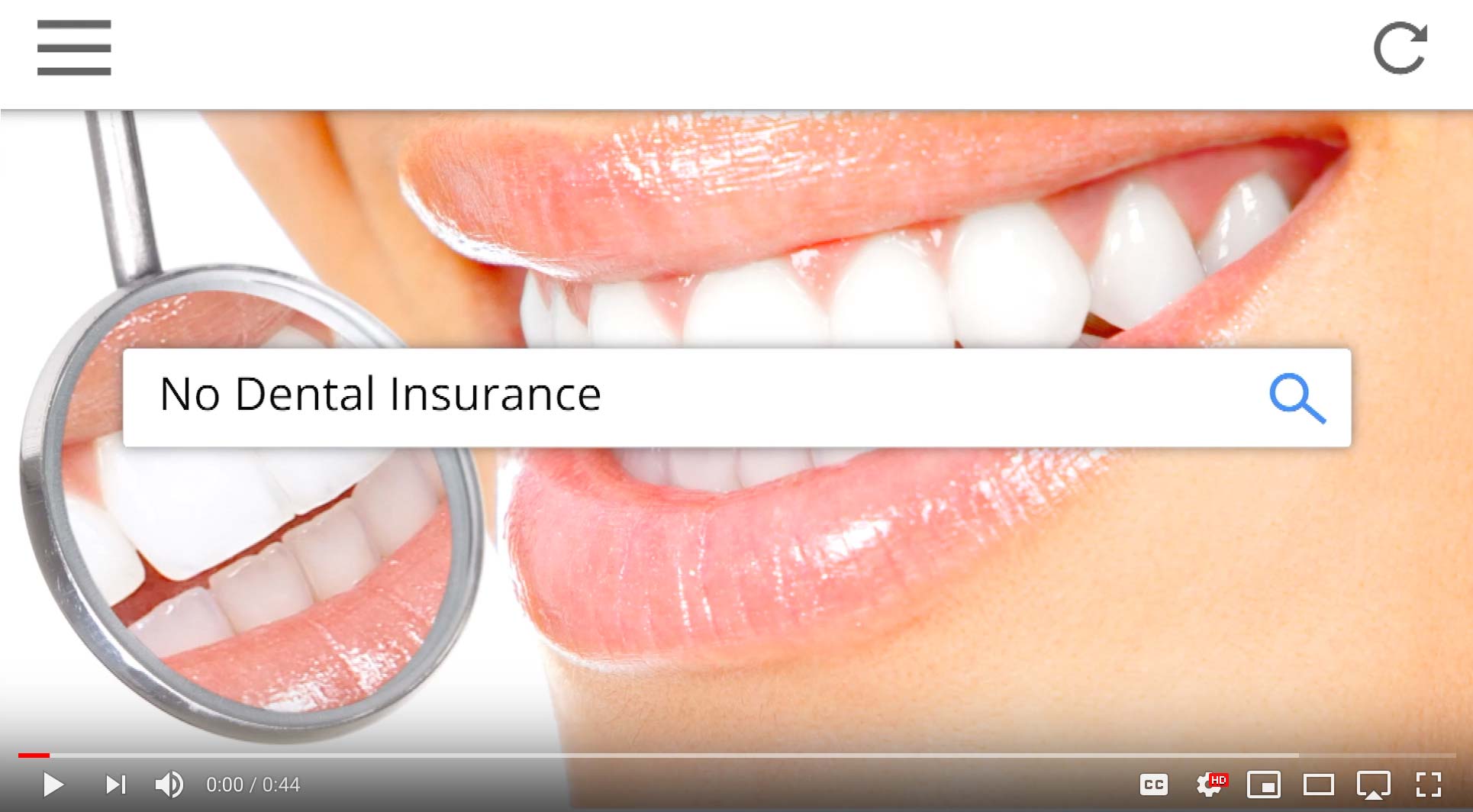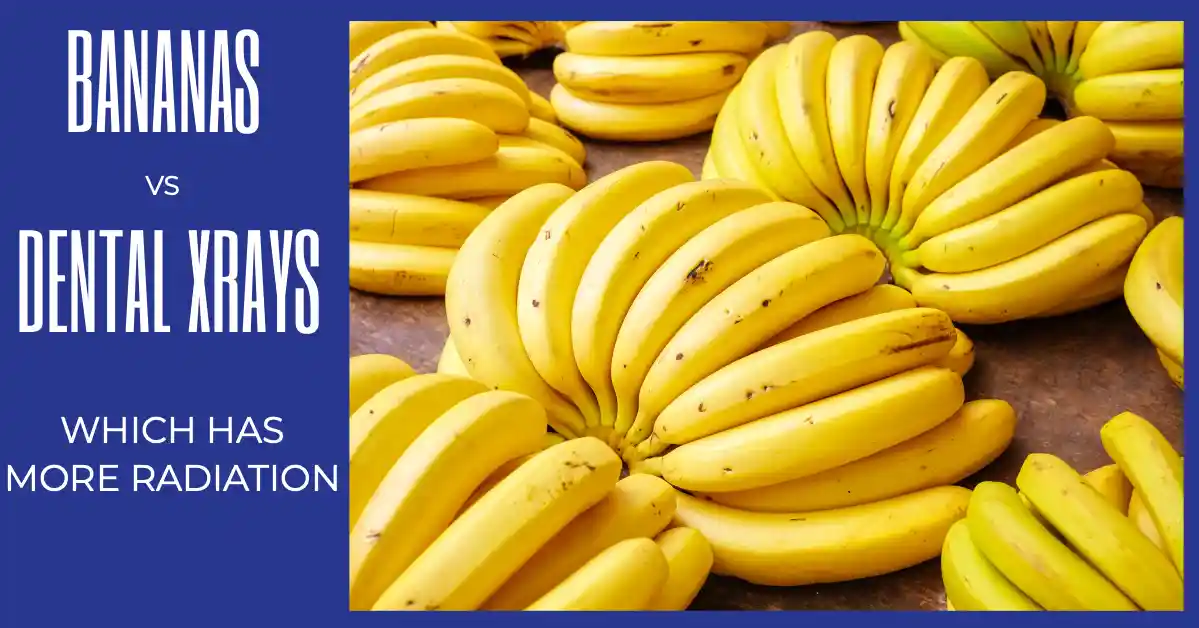
Dental News
Stress and Chippped or Broken Teath

Stress is a major contributor to the increase in broken or chipped teeth
The effects of the Covid-19 pandemic are starting to take hold, and new studies showcasing the increase in dental issues highlight this.
The American Dental Association recently published a paper on the effects of stress on teeth health. Outlining that 70% of dentists surveyed reported an increase in grinding and clenching patients. These symptoms are associated with the elevated stress levels everyone is experiencing due to the pandemic.
Full-time wife and mother Joelle Fraser noticed an increase in her clenching her jaw during the day. It culminated in a dentist visit when she was chewing on some popcorn and felt a hard crack. She was alarmed to find a piece of her tooth had chipped off.
“I have always taken good care of my teeth, ensuring I brush and floss regularly. So this was a shock to me” Joelle has had to take on extra work with her two kids home from school and college, respectively. Trying to manage a household, school work, and the pandemic’s added impact on everyone has spiked stress levels all around.
The underlying impact of the coronavirus pandemic
Many families feel the impact of job losses, illness, and the possibility of contracting the virus on a trip to the store. Kids are feeling the effects far more than is fair for them at a young age. Being sent home from school, not seeing their friends, and even social distancing is overwhelming.
Teeth clenching is your body’s reaction to stress and can happen during the day or nighttime while you sleep. Dentists can treat clenching with a mouth guard or retainer, especially at night time when you are unaware you are doing it. The other option is Botox injections which can be administered which relax the jaw muscles. The injections can last for up to six months at a time.
The other side effect of stress is grinding. When you grind, your lower jaw tightens and moves from side to side. Only your dentist or oral hygienist can see the impact of grinding during a check-up. So if they inform you of this, take note and take action to prevent any further damage.
Custom mouthguards can be pricey, but they are far cheaper than replacing your teeth down the line. Store-bought mouth guards can do the trick. They may not fit as well, but they can prevent further damage.
These findings suggest that a loss of smell or taste may be a sign of an asymptomatic carrier of the disease. As the younger population made up most of these patients, this can now be recognized as a key symptom and possibly the only sign of the patient’s disease.
Dental issues can escalate quickly
You may not notice the effects of stress or the deterioration of your teeth right away. You might feel your jaw is a bit tired or even that you have more frequent headaches. They can all be warning signs you are clenching too much or grinding your teeth when you sleep.
The result of this is your teeth lose integrity which results in chipped or broken teeth. More patients are seeing their dentists to replace their crowns which are loosening and falling out. They are far more expensive to replace. People often try to avoid visiting dentists for check up’s or cleaning. Because of the pandemic, many people did not do their regular medical check up’s. The outcome of these missed appointments is a delay in treatment to prevent any further damage and an increase in costs.
What to look out for
The result is a broken tooth, but the damage and deterioration start way before that. Broken teeth often happen while you are eating food, so most people think that is the cause of the problem. Wear and tear occur over time. It is a long process of deterioration, but the result can be painful.
Most people who have cracked teeth often have metal fillings. Although other fillings can also cause breaks, root canals and crowns can also contribute.
Early warning signs to watch out for are grinding, clenching of your jaw, headaches, fatigue, and any jaw pain you feel. Ensure you get better sleep, which can reduce the overnight stressors from occurring.
Factors that can help with this are to reduce caffeine just before bed, meditation, a good mattress and pillow, and even a warm bath or shower just before bed.
Children are as susceptible to stress and teeth issues as adults. Many kids are taking on the household financial and medical stress brought about by the pandemic. An increase in mouth health is necessary at this time of mask-wearing. Ensure your family drinks enough water throughout the day and keeps up their dental routine.
What about the disadvantaged communities?
Although the study does not break down the communities it based the survey on, disadvantaged communities are a concern.
Public schools usually did dental check-ups and provided care for their students, but the regular check-ups did not happen with kids staying at home.
Watch out for the early signs of stress on your body and your teeth. It is worthwhile making that appointment for a check-up soon to ensure there is no deterioration of your teeth.
When you isolate the impact of stress on your mouth, teeth, and jaw, you can highlight what you need to do to prevent issues later on.
Identify if you are clenching or grinding, get that mouth guard, try relaxation techniques, and make your regular check-up appointment today.
As your dental health professionals, your well-being is important to us. We are opening the office slowly, and hope to be back to full operation soon. Feel free to reach out and call the office should you have any concerns or questions on 561-482-7008.
Please feel free to call us at Elite Boca Dental if you have a dental emergency.
Here is a link should you wish to find out more about the Corona Virus .
Stay Up To Date, Follow us on Social Media.







Recent Comments